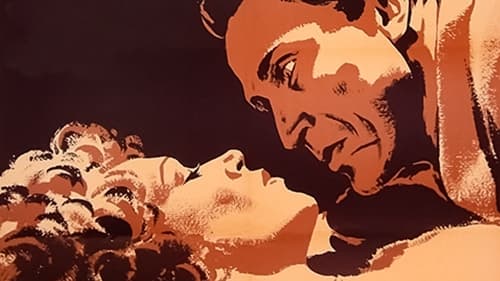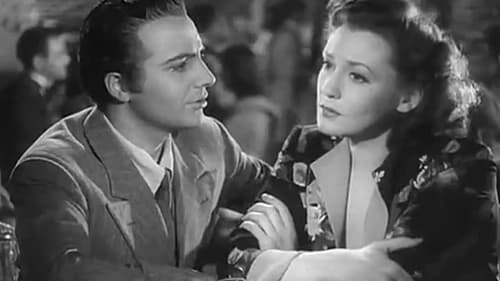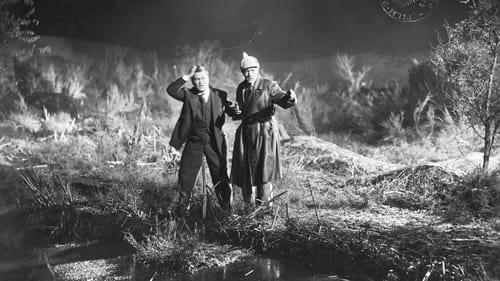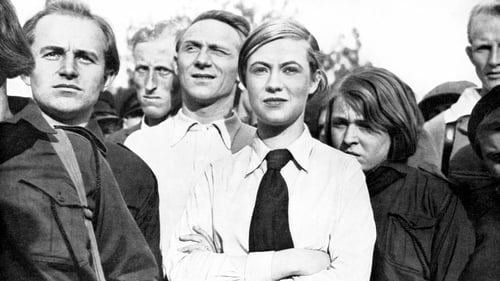Lilli Schoenborn
출생 : 1898-03-31, Berlin, Germany
사망 : 1987-05-04

Frau Render

Berta

Kingsleys Nachbarin

Malchen Krüger

Grandmother
A mother wants to buy a bike for her son, but she doesn't have enough money.

Frau Bünte

In this war drama, three Nazi survivors are rescued after their battleship sank. Initially they are given heroes' accolades for their courage, but then it becomes apparent that these men actually jumped ship three hours before the boat sank. The men are tried and subsequently executed.

Signora Sinarelli

Madame Ancelin

Frau Kramer

Hauswirtin

Dr. Blum, a Jewish manufacturer, is falsely accused of a murder. Even when the real killer’s identity becomes evident, the state prosecutor refuses to accept Blum’s innocence.

After WWII, Berlin lies in ruins. For Gustav, Willi and their friends the rubble provides an adventurous, dangerous playground. Especially for Gustav, it helps pass the time, as he longs for his father's return from a POW camp. One day a stranger arrives, looking helpless and hopeless.

Emigrantenfrau in der Quarantäne (uncredited)
Vera Meiners' life was sweet but unfortunately for her, it was not to last. Her husband, Jan, left her after she met a former lover in a harmless friendly meeting. Forced to resume her disrupted medical career, she worked in a Swiss clinic but, without the knowledge of the chief surgeon, Vera ordered a risky operation to be performed and was thereafter fired. Penniless, she then works in Spanish nightclubs in order to provide for herself and her child. After many years, she runs into her friend Frank again in one of these nightclubs...

Mutter Renner
Violanta lives with her parents in a poor cottage in the mountains in Austria. Her family is frowned upon by the local population since her father is a drunk and suspected by the villagers to have caused the death of one of the farmers. One day handsome Marianus Renner comes along. He sees Violanta and immediately starts courting her, They become involved in a relationship, until one day he suddenly does not come to her usual appointment.

1940 German film.

Elisa - Frau Barrymore's
Sherlock Holmes and Dr. Watson look into reports that a huge, vicious hound has killed Lord Charles Baskerville and that Lord Henry Baskerville is the next to be killed.

Baron von Goret is an impoverished landowner, whose estate is about to go into receivership. And so, for that reason, he wishes to marry off his son Hermann with his well-off girlfriend Helga. But Hermann is in love with the farmer’s daughter Dorothea. He leaves his father’s estate with her and makes his way to Berlin to make a name for himself. He’s not successful in this and, so as not to stand in his way, Dorothea leaves him. Hermann’s aunt brings him back to his father’s estate, where, depressed over losing Dorothea, works tirelessly to clear the estate of all its debts.

Mutter Bönike
Kuhle Wampe takes place in early-1930s Berlin. The film begins with a montage of newspaper headlines describing steadily-rising unemployment figures. This is followed by scenes of a young man looking for work in the city and the family discussing the unpaid back rent. The young man, brother of the protagonist Anni, removes his wristwatch and throws himself from a window out of despair. Shortly thereafter his family is evicted from their apartment. Now homeless, the family moves into a garden colony of sorts with the name “Kuhle Wampe.”

Straßenmädchen
Else Riedel (Lissy Arna), locked out by her authoritarian father, seeks refuge with her boyfriend Hans. Complications threaten when Hans's roommate Max falls in love with her, but the situation is resolved: the three remain friends, and decide to form a music hall act. They want to ascend, but how? A way out beckons when a theatrical agent named Nevin enters Else’s life. He is played by Hubert von Meyerinck as a slick and oily villain, who oozes refinement; his experience behind bars is waved away with a silk scarf. He is cunning to the point of perfidiousness, but is not completely unsympathetic. He also embodies a new type - the scrounger.

Lottes Mutter
If watching a fellow facing indifference/rejection in the slums of Berlin didn't convey enough pathos, Gerhard Lamprecht gathered much of the same crew from Die Verrufenen and turned his attention to the city's population of unwanted children for the heart-tugging Die Unehelichen, released the following year. The trio of foster children at the center of Die Verrufenen are survivors who use their own resourcefulness to get by when the kids' guardians and the system itself let them down.

A family suffers greatly during the First World War.









